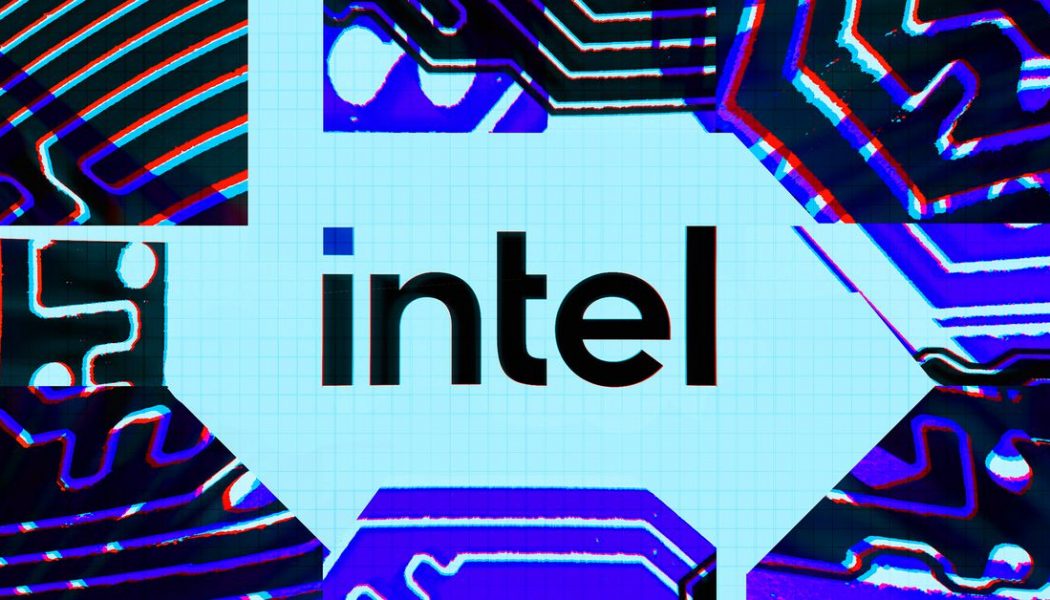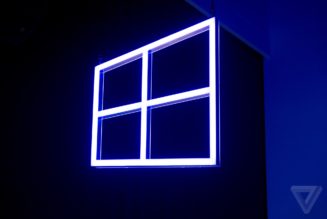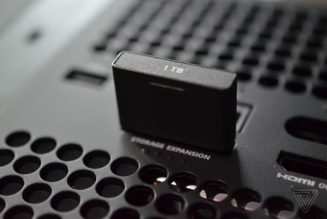
Intel has a new CEO, Pat Gelsinger, and he’s not wasting any time to make some big changes. At the company’s “Engineering the Future” announcement today, Gelsinger announced plans to outsource more of Intel’s chip production to third-party foundries, a $20 billion investment into two new fabs in Arizona, and a new branch of the company called Intel Foundry Services, which will see Intel’s foundries produce chips for other companies.
The new announcements are part of a new “IDM 2.0” strategy for Intel’s design and manufacturing, which is made up of three parts. First, Intel’s own in-house manufacturing, which will continue to serve a key part of Intel’s design and production of chips. Second is an expanded use of external foundries, including TSMC, Samsung, and GlobalFoundries, including for production of “products at the core of Intel’s computing offerings” for both consumer and enterprise chips, starting in 2023.
And third is the newly announced Intel Foundry Services, which will see Intel open its gates to handle manufacturing of chips for other commercial customers, led by Dr. Randhir Thakur. Intel Foundry Services is a “standalone foundry business unit,” and will develop x86, ARM, and RISC-V core chips for external clients using Intel’s manufacturing technology. And crucially for government work, Intel’s foundries will be located in the US and Europe, a benefit that competitors like TSMC don’t have. Partners include IBM, Qualcomm, Microsoft, Google, and more.
The expansion of Intel’s manufacturing efforts — which include a $20 billion investment into new fabs in Arizona that will expand Intel’s existing Ocotillo campus — come at a critical time: the ongoing global semiconductor shortage means that demand for chips is at an all-time high. Adding Intel’s foundries (and its new Foundry Services business) could help open up new avenues for companies to source the chips that are essential for everything from new video game consoles to new pickup trucks. Gelsinger also teased that more foundries are in the works, promising additional announcements of expansions in the US, Europe, and elsewhere in the world later this year.
Intel also announced a new R&D collaboration with IBM “focused on creating next–generation logic and packaging technologies.” Details are slim at the moment, however.
Lastly, Intel announced plans to bring back a spiritual successor to its Intel Developer Forum conference with a new Intel Innovation event planned for October in San Francisco this fall as part of a new Intel On series of events.
Intel stands at a critical junction right now: the company faces increased competition from companies like AMD and Apple’s ARM-based M1 series of chips. At the same time, it’s seen major shifts in leadership and delays of generations of its chips, all while being outpaced by competitors like TSMC in terms of production techniques. Today’s announcements represent Gelsinger’s first big moves to try to right the ship.










